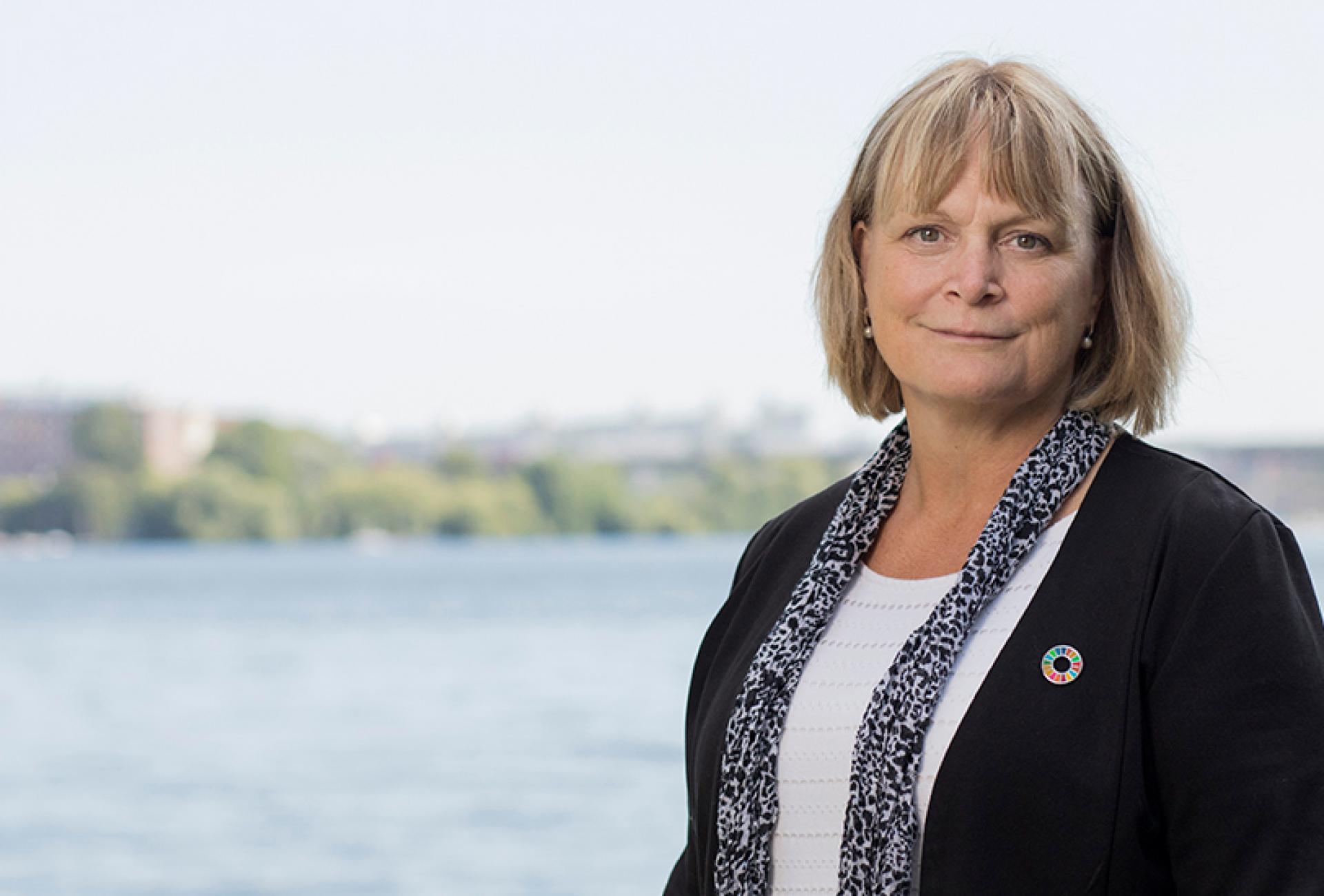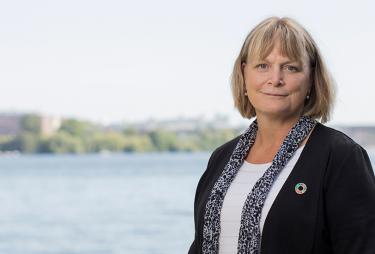Continued humanitarian engagement


Many questions remain, but our Secretary General Charlotta Norrby shares what we know so far.
What has Sida decided?
Sida has not yet taken a formal decision, but in our dialogue with Sida’s humanitarian department we have been informed of an extension of our agreement in order to phase out Sida’s support over two years, starting from 2021. This means that this year’s estimated allocation of SEK 60 million will be reduced to SEK 30 million in 2021 and finally SEK 15 million in 2022.
How is SMC’s humanitarian work affected?
Hardest hit are people in severe crises where our member organisations, through their partners on the ground, have sometimes been the only ones able to offer humanitarian aid in the form of, for example, clean water, food and shelter. Starting next year, SMC’s humanitarian team (ADRA, Eriks, Läkarmissionen and PMU) will only be able to apply for funds for projects in countries where there are already annual projects (so-called major) in place such as Yemen, Syria and South Sudan. This means that we will not be able to fund projects in new crises that arise urgently (Rapid Response Mechanism) as we have recently been able to do in Zimbabwe, South Sudan and right now in Ethiopia.
Why has Sida decided not to renew the agreement with SMC?
We have asked Sida for clarifications about the assessment on which the decision mas made not to sign a new agreement for strategic humanitarian partnership with us. We do not agree with several of their conclusions and have expressed this both in writing and in meetings with Sida. We are still waiting for answers from Sida to better understand the assessment, but know that some of the reasons have to do with us being relatively small as partners, and that we as SMC provide support in several stages by working through our member organisations.
Have there been shortcomings in SMC’s humanitarian work?
It is challenging to operate in countries affected by crisis or conflict. Since we provide support in several stages, we have not always been as fast as we would like to be. Over the years, however, we have worked hard to be more effective. Overall we are proud and grateful that our humanitarian team has been able to carry out over 90 operations since its inception in 2014.
Will SMC be able to become a humanitarian strategic partner to Sida again?
We have been encouraged by Sida to seek strategic humanitarian partnership again for the next period starting in 2025. We may be able to get some support to maintain our humanitarian capacity until then, but it is still unclear how.
How does this affect SMC’s cooperation with other parts of Sida?
Since the 1980s, SMC has worked closely with Sida through long-term development cooperation mainly by supporting civil society in different forms around the world. Our latest report to Sida received a very positive response. Another area for which we have funding from Sida concerns communication efforts about development cooperation in Sweden. Through the Swedish Council for Higher Education, we also manage a grant that enables internships for young people in countries where our member organisations operate. Funding for humanitarian aid has has at most accounted for 20 percent of SMC’s total development cooperation.
Are religious actors not important in Swedish foreign policy?
Yes, they are! We know, for example, that churches often stay and continue to work also after international aid agencies pack up and leave and that people in many countries trust their religious leaders more than the ruling politicians. More people need to understand this and we are seeing an increased interest in religious actors within development cooperation.
What happens now?
Together with several other aid organisations, we have a very good dialogue with the Swedish Foreign Ministry on the humanitarian issues. There is a great interest in our experiences and views. Recently, SMC’s humanitarian team sent joint input to the Swedish Foreign Ministry’s upcoming strategy for Sida’s humanitarian aid. We highlighted the localization agenda, added value of local religious actors and triple nexusas particularly important areas.
In October we are submitting our annual report to Sida for our humanitarian work in 2019. We look forward to sharing results and lessons learned from it shortly. We also continue our dialogue with Sida to end this process so that we can learn from what has happened to help us plan for the future.
